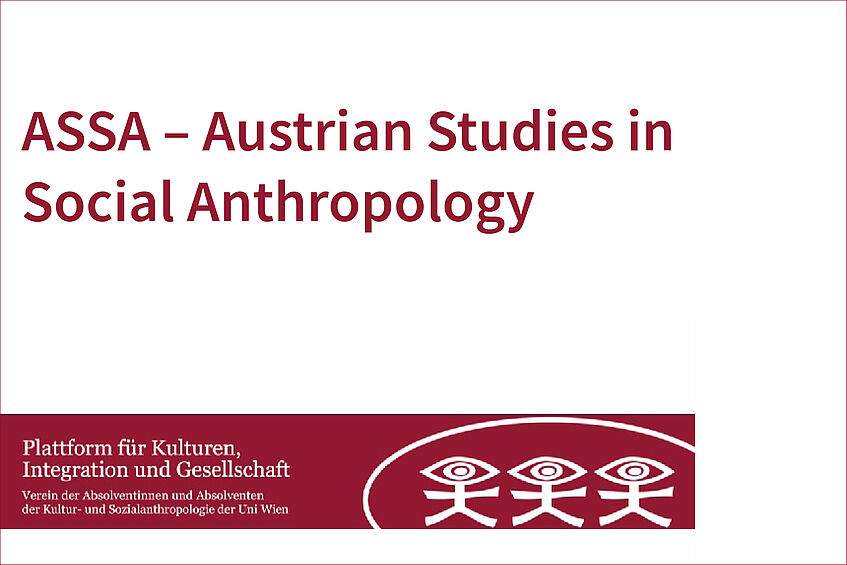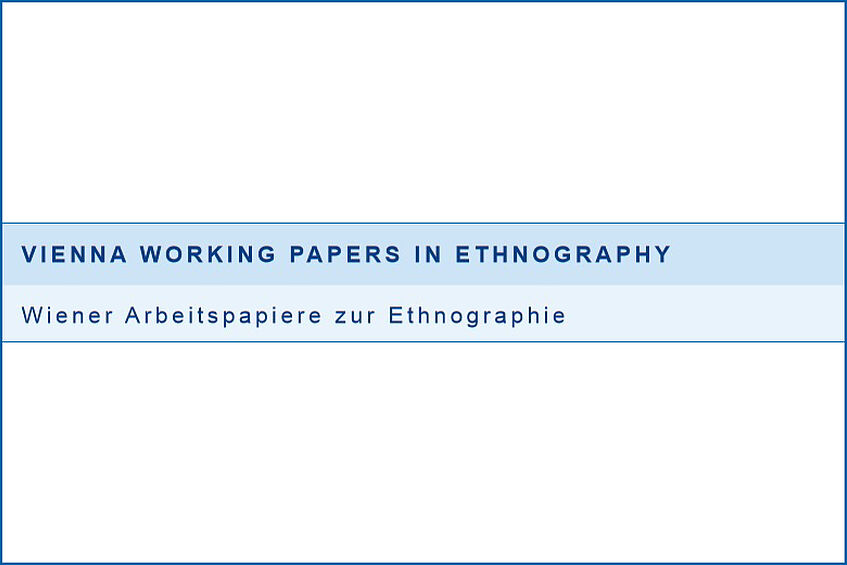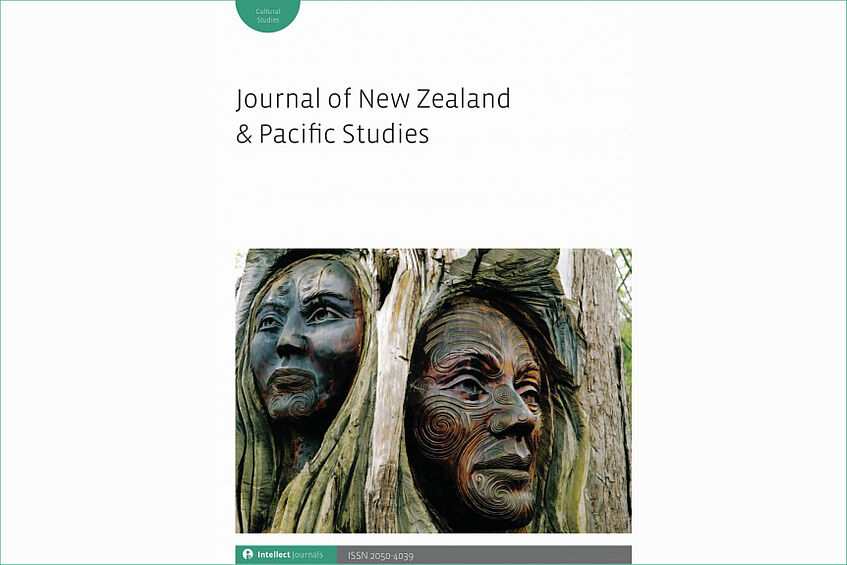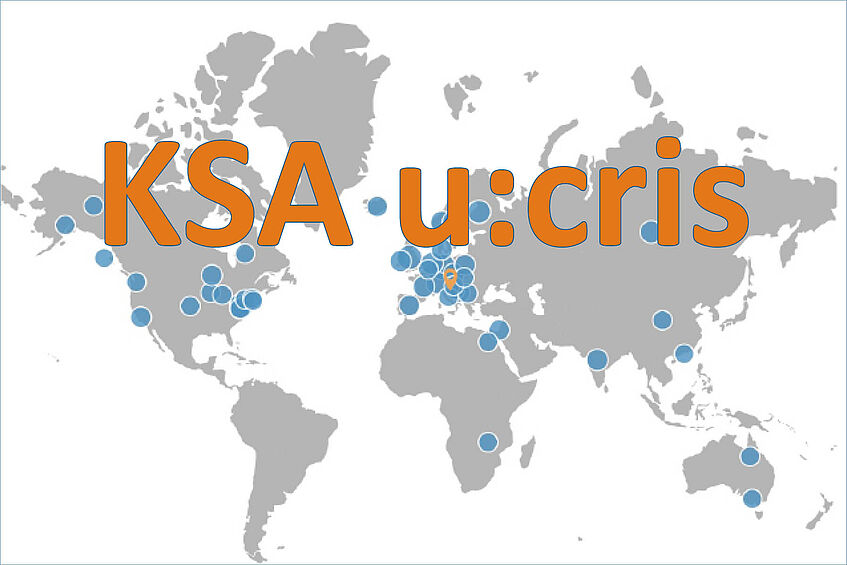Publikationen
peer-reviewed Publikationen in u:cris
Disability interactions in digital games
- Autor(en)
- Catherine Holloway, Kathrin Gerling, Christopher Power, Katta Spiel, Giulia Barbareschi, Anna Cox, Paul Cairns
- Abstrakt
Digital games are a hugely popular activity enjoyed for the diverse experiences and relationships that they offer players. In 2019, games are more accessible to an increasingly diverse audience of disabled players through both new gaming technology and in-game options that allow people to tune their experiences. As a significant cultural medium, it is also challenging perceptions of disability in how characters are depicted. In this workshop, we aim to understand better the research challenges in making games for and with disabled players. We explore opportunities in games and disability through the lens of the new Disability Interaction (DIX) manifesto.
- Organisation(en)
- Institut für Kultur- und Sozialanthropologie, Institut für Lehrer*innenbildung
- Externe Organisation(en)
- Université catholique de Louvain, Katholieke Universiteit Leuven, York University
- Seiten
- 835-839
- Anzahl der Seiten
- 5
- DOI
- https://doi.org/10.1145/3341215.3349587
- Publikationsdatum
- 10-2019
- Peer-reviewed
- Ja
- ÖFOS 2012
- 102013 Human-Computer Interaction, 509002 Disability Studies
- Schlagwörter
- ASJC Scopus Sachgebiete
- Human-computer interaction
- Link zum Portal
- https://ucrisportal.univie.ac.at/de/publications/060e5796-5d15-4082-ace5-369e95d3c7b4





